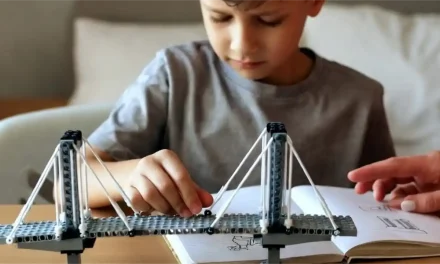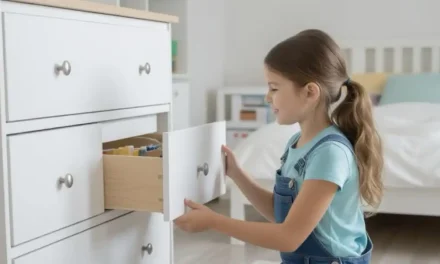
Providing Resources and Support: Fuel Passions with Tools like Telescopes
T
ools like microscopes, telescopes, nature guides, or bug nets help shape your child’s interests and build the patience to stick with details, even when things get tough. A telescope, for example, can turn ordinary stargazing into discovery, much as Enlightenment astronomers once crafted lenses to examine the skies. Unlike broad lessons, these tools invite close observation and sustained curiosity. Journals and field guides anchor their progress, helping them develop focus and follow-through. A weekly prompt like “What can you see?” turns your home into a small lab of wonder, preparing them for science clubs or nature projects.
My son went wild for Orion, so we got a shaky telescope, our yard becoming a freezing observatory. He asked, “Why is Mars red?” as we shivered, and soon we were at the library hunting for a book on rust. He logged his finds in a notebook. My daughter joined in, her butterfly jars eventually crowding our shelves. Later, his star log impressed a science fair judge, and her moth sketch won a nature club prize. Their passions soared—fueled by a telescope from our den and long evenings of shared awe. Those nights taught them to chase details, a skill they now apply to projects and dreams alike.
Offer tools like telescopes to spark exploration. Plan weekly sessions to observe stars or critters, asking, “What can you see?” to guide discovery. Use a notebook or field log to track findings, preparing them for science reports or club presentations. Let them share what they’ve learned at fairs or family events to build confidence. These moments—scanning planets, netting bugs—teach kids to follow curiosity with purpose, helping them thrive in science groups, outdoor clubs, and beyond.
Providing Resources and Support

Providing Resources and Support: Create Hands-On Learning with Experiment Kits
Hands-on experiment kits make learning exciting and real. Support your child’s curiosity, observation, and problem-solving skills with guided discovery.

Providing Resources and Support: Build a Home Library for Lifelong Reading
A home library encourages curiosity and comfort with books. Learn how to create a reading space that nurtures imagination and confidence.
Table of contents

Primordial Soup for the Mind: Navigation
Navigate the book Primordial Soup for the Mind.
TIPS
- Cheap gear works—function beats flash.
- Ask, “What is it doing?” to keep them curious.
- Keep a journal for their findings.
- Suggest weekly observation sessions.
ACTIVITIES
- Planet Peek: Spot a planet, log its place, check a guide, 15 minutes.
- Critter Catch: Net a bug, guess its life, research it, 10 minutes.
EXAMPLE
My daughter’s net caught nothing once—she laughed, then nabbed a moth that is framed now.

Download “Primordial Soup for the Mind: A Parent’s Guide to Nurturing Intellectual Growth”
Enter your information to get this article and hundreds more as part of the FREE book Primordial Soup for the Mind.
Share your thoughts with the Thought Academy community in the Comments section below.

Sharpen those skills!
Enter your information to get our FREE practice exercises so you can hone your critical thinking and reasoning skills!







0 Comments